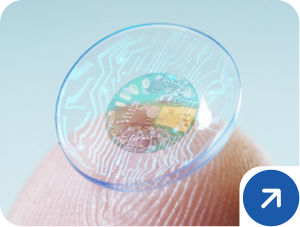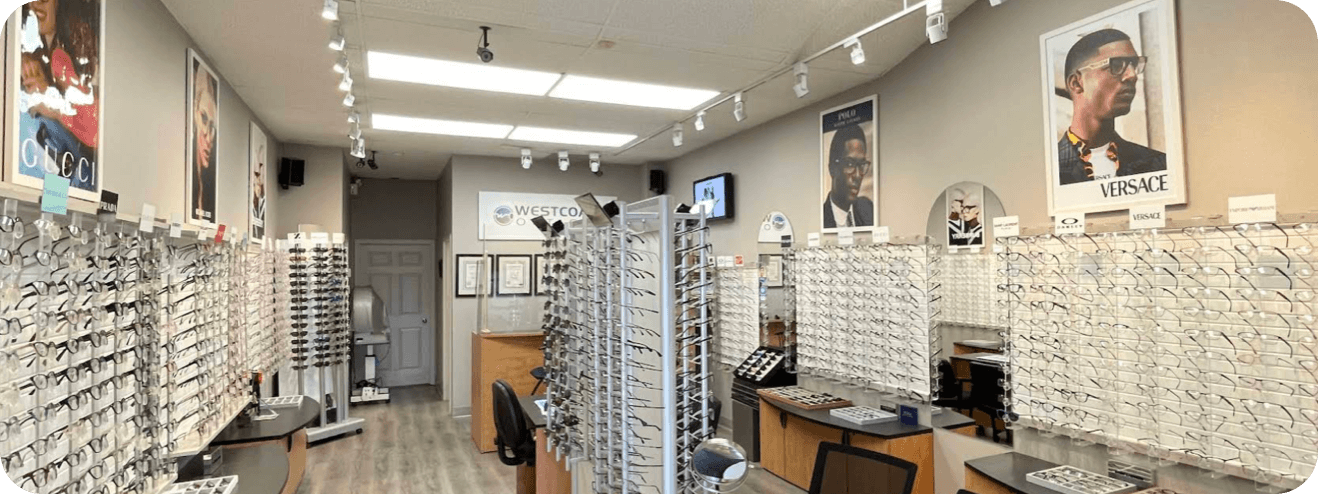Can Contact Lenses Worsen Dry Eye?
If you wear contact lenses, you may know the feeling all too well—a gritty, dry sensation that makes your eyes feel tired before the day is over. You might wonder if your lenses are the cause of this discomfort and if you need to give them up for good. While some contacts can contribute to […]















